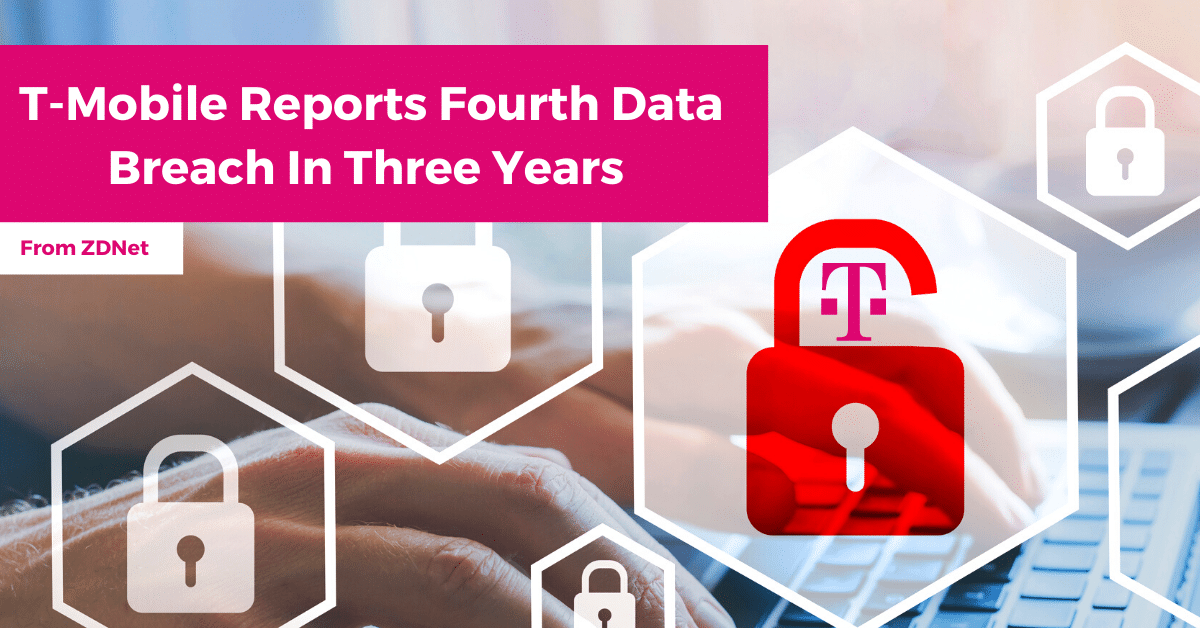

The bad news is that the crooks apparently got in way back on (ironically, as it happens, Black Friday, the day after US Thanksgiving) and didn’t go away empty-handed. T-Mobile first states the sort of data it thinks attackers didn’t get, which includes payment card details, social security numbers (SSNs), tax numbers, other personal identifiers such as driving licences or government-issued IDs, passwords and PINs, and financial information such as bank account details. In plain English: the crooks found a way in from outside, using simple web-based connections, that allowed them to retrieve private customer information without needing a username or password. Our investigation is still ongoing, but the malicious activity appears to be fully contained at this time. We promptly commenced an investigation with external cybersecurity experts and within a day of learning of the malicious activity, we were able to trace the source of the malicious activity and stop it. On January 5, 2023, T-Mobile US identified that a bad actor was obtaining data through a single Application Programming Interface (“API”) without authorization. T-Mobile’s Other Event is described as follows:
T mobile breach code#
These major events include issues such as bankruptcy or receivership (item 1.03), mine safety violations (item 1.04), changes in a organisations’s code of ethics (item 5.05), and a catch-all category, commonly used for reporting IT-related woes, dubbed simply Other Events (item 8.01). The 8-K form is described by the SEC itself as “the ‘current report’ companies must file to announce major events that shareholders should know about.” US mobile phone provider T-Mobile has just admitted to getting hacked, in a filing known as an 8-K that was submitted to the Securities and Exchange Commission (SEC) yesterday.


 0 kommentar(er)
0 kommentar(er)
